TikTok has become the new search engine for quick hacks, but not all advice trending online is safe or even logical. Parham Koukia, a professional car detailer at Panda Hub, recently came across a surge of viral TikTok videos promoting Vaseline (petroleum jelly) as a miracle solution for car interiors and faded trim.
What started as a quirky DIY hack has spiraled into questionable territory. “At first, it was videos showing people rubbing Vaseline onto dashboard plastic to make it shine,” Koukia explained. “But then I scrolled further and saw comments joking about putting it on windshield wipers or even on brakes. Most of those comments were made in humor by people who clearly understand the risks, but the worrying part is that some viewers don’t. They’re actually trying these ideas because they believe it could save them money.”
Also Read: TikTok Car Cleaning Hacks That Can Damage Your Car
The Allure of Quick Fixes
These TikTok videos rack up millions of views because they appeal to budget-conscious car owners who want simple fixes instead of costly detailing services. For someone trying to save money, a tub of petroleum jelly worth $4-$5 sounds like an inexpensive miracle for their cars.
But according to Koukia, the short-term shine comes with long-term damage. “Petroleum jelly isn’t designed for cars. It attracts dust, can cause rubber and plastic to degrade faster, and if used on wipers, steering wheels, or pedals, it becomes a real safety hazard. What concerns me is that while many laugh at the absurdity, there are still plenty who will experiment without realising the consequences.”
The Double-Edged Nature of Virality
The mix of humour and blind trust shows how platforms like TikTok can blur the line between entertainment and credible advice. While one group laughs at the trend, another sees the same video as a low-cost solution worth testing. That combination of viral reach and misplaced trust is what makes these hacks so powerful and dangerous.
A Call for Critical Thinking
Koukia’s discovery serves as a reminder that not every trending “hack” should be tested in real life, especially when it comes to cars and safety. He stresses the need for viewers to fact-check, seek expert advice, and remember that quick fixes often create bigger problems down the road.
“TikTok is great for sharing ideas, but cars aren’t toys. Some people know these ‘hacks’ are a joke. Others don’t, and that’s where things can go wrong,” Koukia said.
{{cta-banner}}
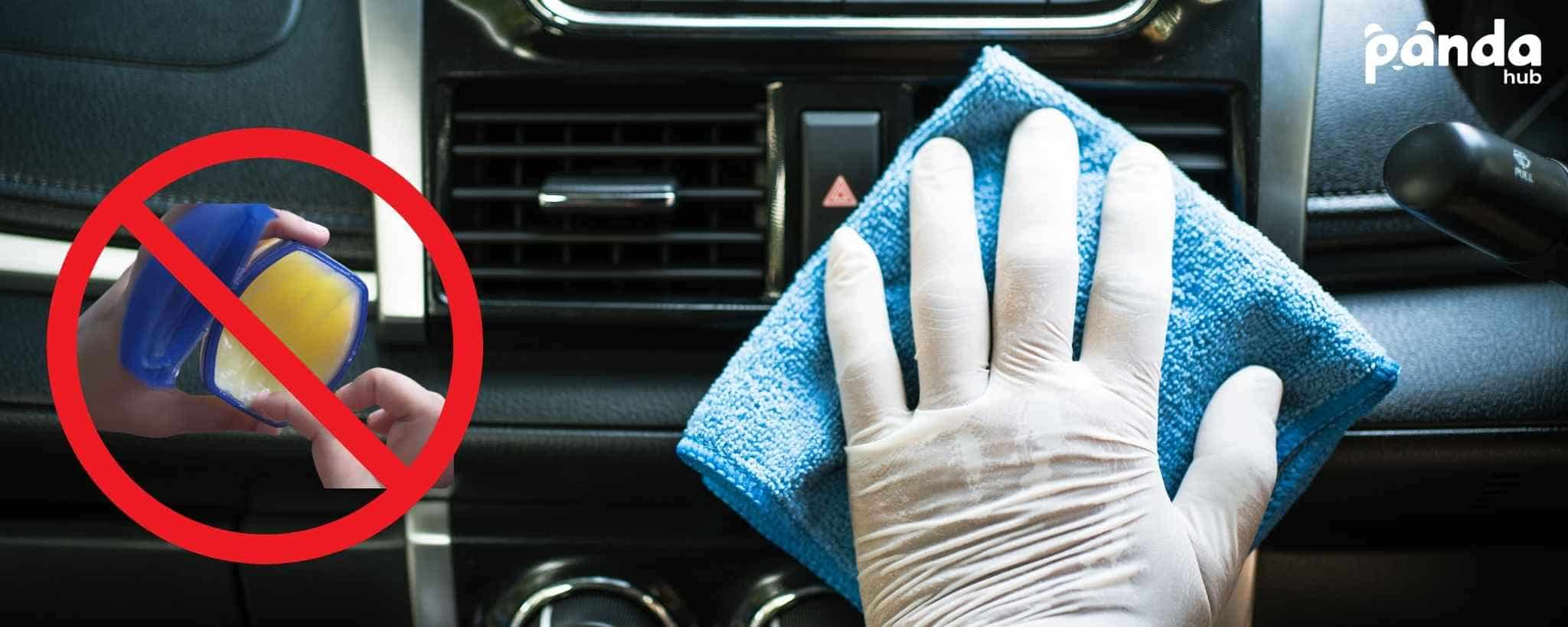
.webp)

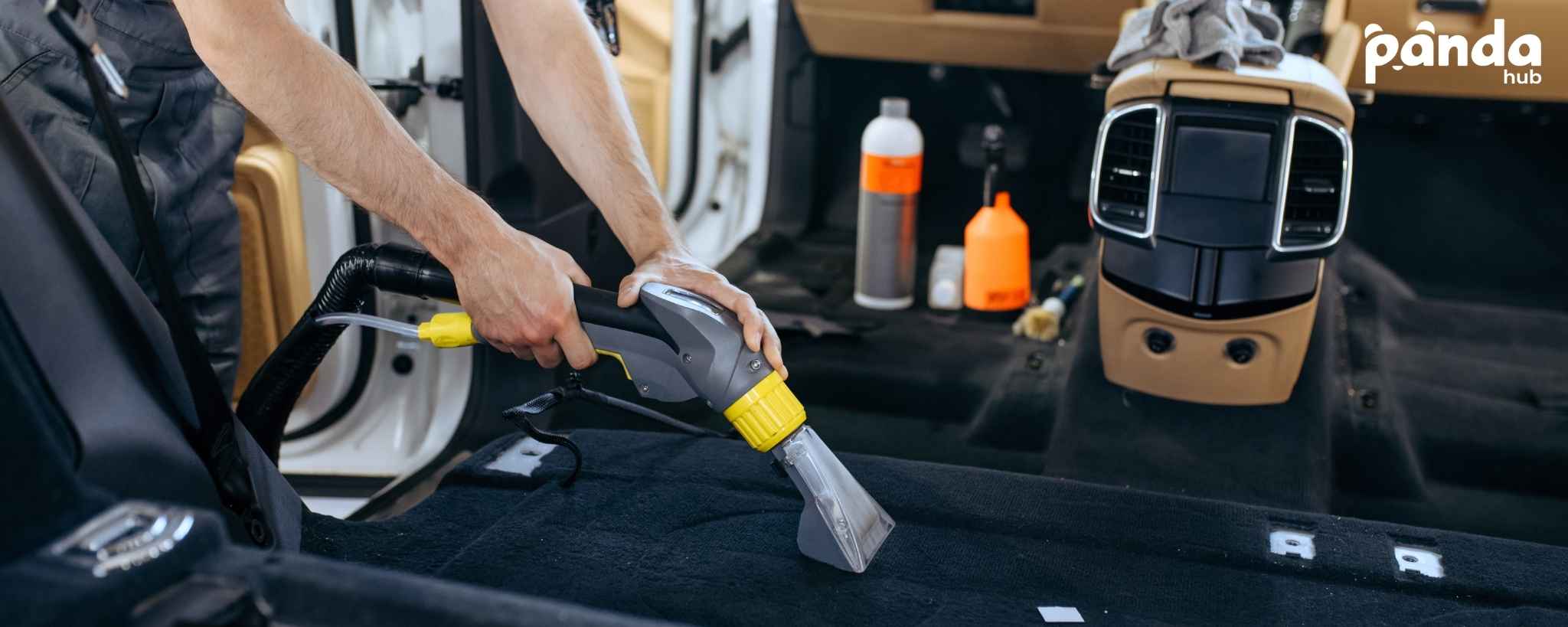
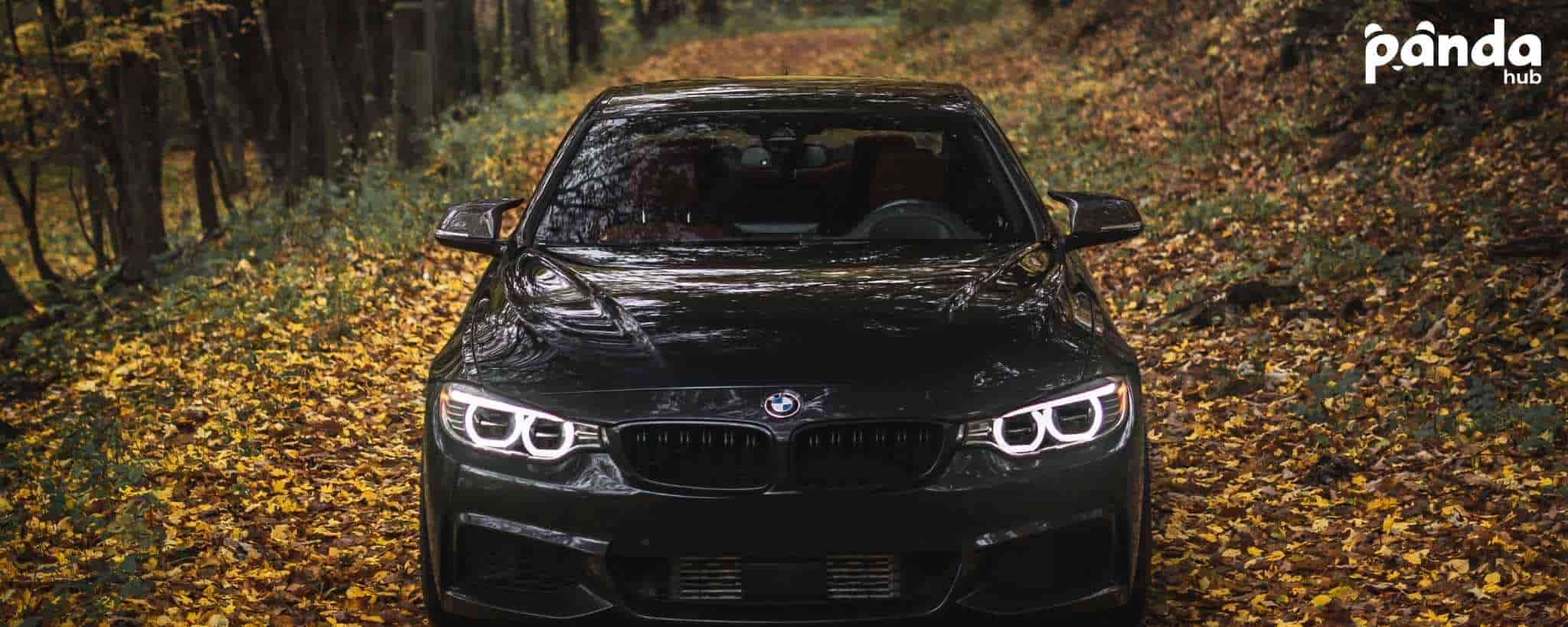
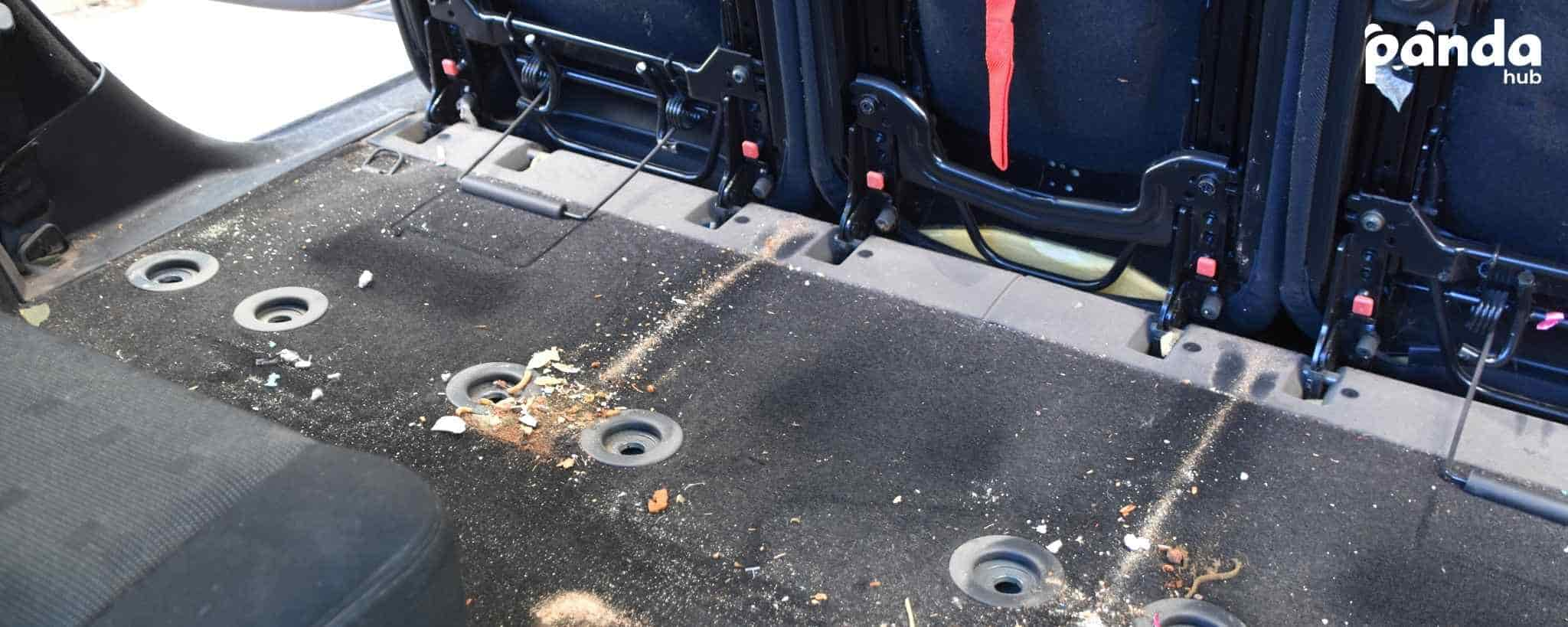
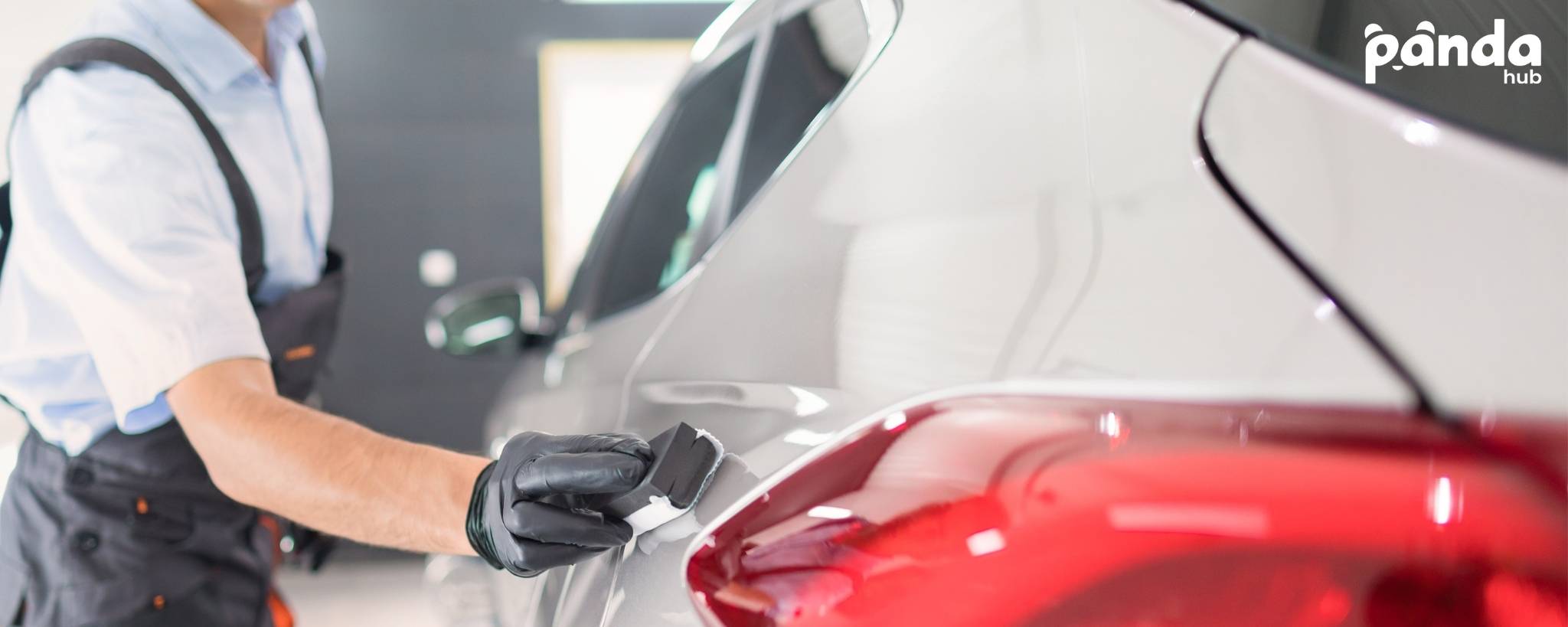
.jpg)



